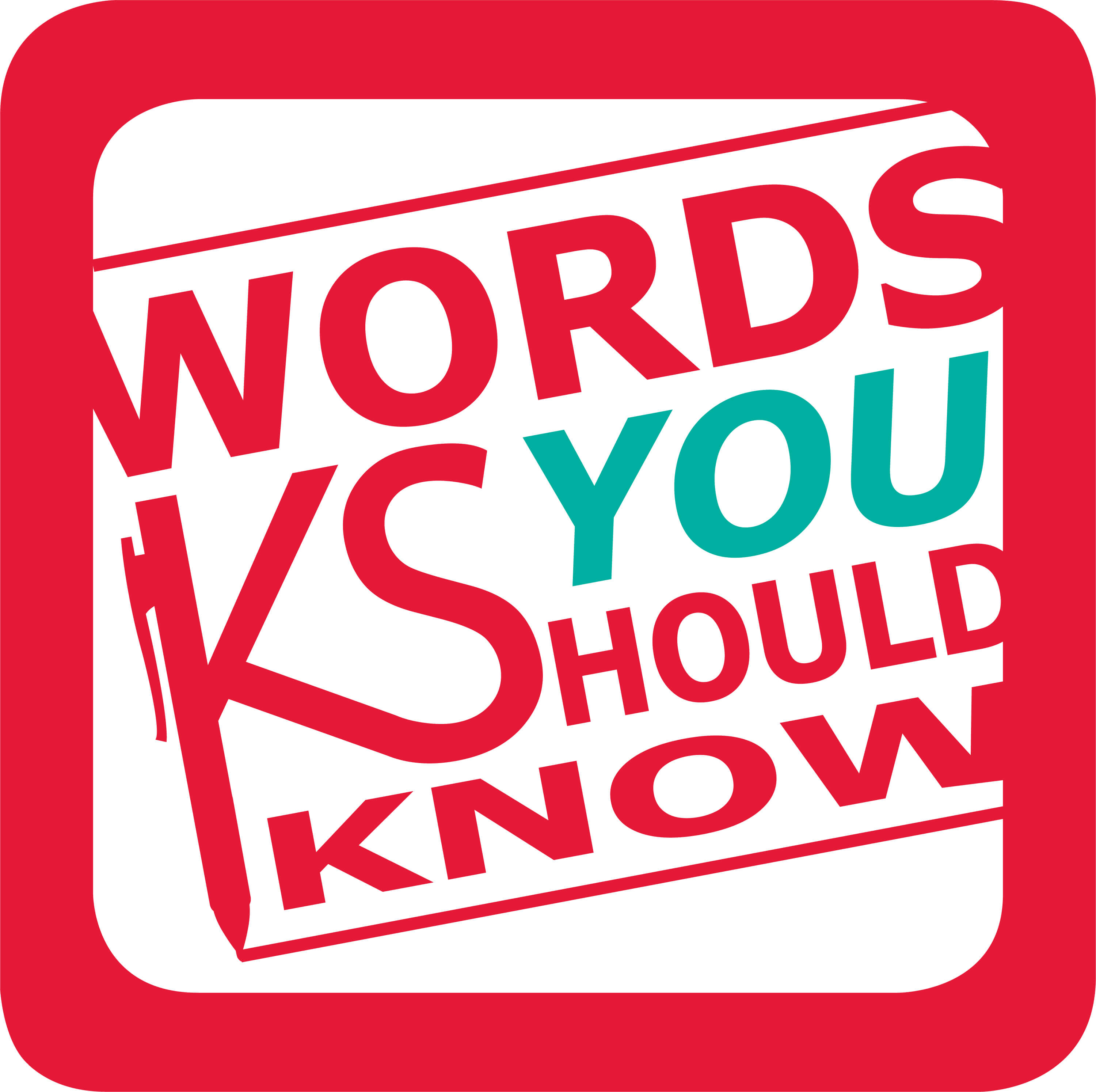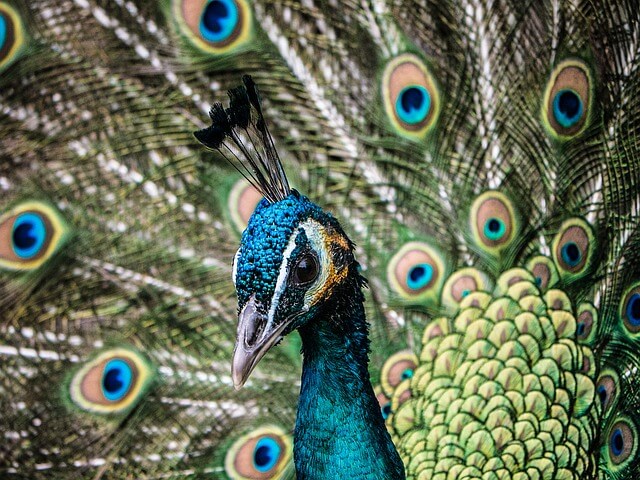
Let’s talk language tips for the curious or confused. This is Season 1, Episode 10. How we have only two episodes left in this first season, I have no idea, but here we are.
I’m presently building my list of ideas for Season 2, so contact me if you have a question or some fascinating word trivia to share. But for now, let’s dive in.
Episode 10: “Prouder” or “More Proud” than a Peacock? (Plus a Spelling Meme Debunked)
Podcast: Play in new window | Download
Approximate transcript:
If your mom has ever told you she couldn’t be more proud, maybe she said it because it was true. But before you start feeling all the warm fuzzies, maybe it was just a matter of linguistics. “More proud” isn’t really a thing. She couldn’t be “more proud,” because that combination of words isn’t technically correct.
I feel like I might have just broken some hearts. Don’t worry. I’m sure your mom couldn’t be prouder of you. (That’s the correct form of the sentiment.)
When it comes to superlatives, sometimes it’s tricky when deciding which words get “–er” or “-est” endings and which words get “more” or “most” placed in front of them. As with most things in the English language, there’s an easy rule for knowing the difference; unsurprisingly, there are also a lot of exceptions to the easy rule—but we’ll worry about that later.
- Superlative rule #1 – If the adjective you’re using has one syllable, use the “-er” and “-est” suffixes (e.g., “proud,” “prouder,” “proudest”; “high,” “higher,” “highest”; or “thick,” “thicker,” “thickest”).
- Superlative rule #2 – If the adjective you’re using has three or more syllables, always use “more” or “most” in front of the word (e.g., “terrified,” “more terrified,” “most terrified”; “intelligent,” “more intelligent,” “most intelligent”; “confusing,” “more confusing,” “most confusing”).
You’ll notice a major gap in these rules, and I bet you can already think of a few exceptions. “But what about the two syllable words?” I hear you saying. And what about “good,” “better,” “best”?
I know, I know… the English language is one of rebellion, and there are always exceptions to rules. However, knowing the rule in the first place gives you a good start. (If it helps, for those two-syllable adjectives, there is a secondary rule concerning the final letters of the word, which is mostly followed, but we’ll get into that another day.)
To get back to the original debate, “proud” is one syllable. Thus, “prouder” is the correct form. This single-syllable adjective often seems to have more confusion than others, but technically, “prouder” is correct.
You don’t have to correct your mom, but if you’re saying it to your own kids—or dogs or peacocks—make sure you get it right.
And speaking of exceptions to rules…
The claim states, “There are 923 words that break the ‘i’ before ‘e’ rule. Only 44 words actually follow that rule.”
For the sake of a writing tip, let’s take a moment to get into the nitty gritty fine print that this statement ignores. The “i” before “e” except after “c” rule applies only to words where the “ie” makes the “ee” sound (e.g. “achieve,” “piece,” “belief,” “receive,” “ceiling,” “receipt,” etc.). Some spelling textbooks even record this as part of the rhyme:
I before E except after C,
When the sound is “ee”
With this clarification, many of the aforementioned 923 words become less defiant.
- Words like “science” or “efficient” – where the “i” follows the “c” – have a different sound.
- Words like “beige,” “neighbor,” “height” and “weight” – with their rebellious “ei” form not following a “c” – also break the rule, but their vowel combination sound is also not an “ee.”
There continue to be exceptions, though. If you really want to get technical, you can learn the specific categories where the “ei” is correct when it makes the “ee” sound, even when it doesn’t follow a “c”:
- Proper names, such as “Keith” or “Sheila”;
- Chemical names, such as “caffeine”;
- Plural forms of words that end in “-cy,” such as “tendencies”
No, this list doesn’t cover them all. Keep in mind the challenge wasn’t to break this down in an understandable manner.
Let’s return to that challenge. I indeed solved it. The total of 923 words that break the rule is incorrect. It’s actually more. (Didn’t see that one coming, did you?) QI, a quiz show on BBC, reported the 923 figure as determined by Scrabble experts, but this is the number of words that end in “-cie.” Add in all of the “e” before “i” words that don’t follow a “c” and you’ve got yourself an even more striking number. What that number is, I don’t know, but I’m sure it’s impressive.
So there you go, shocking grammar meme debunked. As for the “i” before “e” rule… it’s catchy but it might not be as helpful as we thought it was in elementary school.
The English language is tricky. It takes time to get it right. But you, dear listener, are well on your way. And for that, I’ll say, I couldn’t be prouder.
Sign up for my English language tips and trivia email newsletter for more like this.
And don’t forget to subscribe to this podcast (via Apple Podcasts, Android, Google Podcasts, Stitcher, or RSS) so you’ll never miss out on another word you should know. Like what you heard? Rate my show on iTunes or wherever you listen.
Contact me today if you have any language questions for a future episode. I’d love to hear from you!
